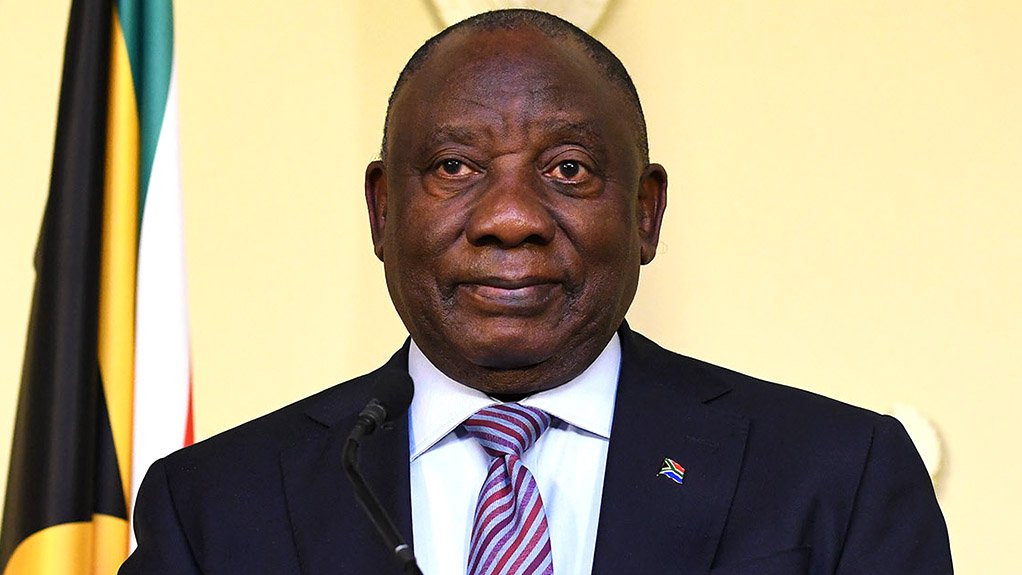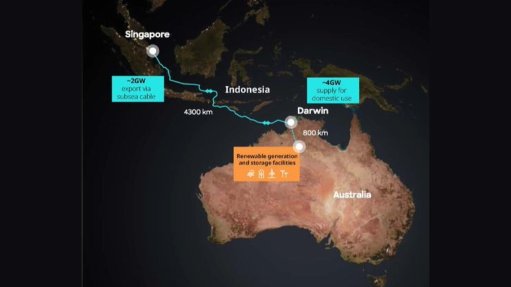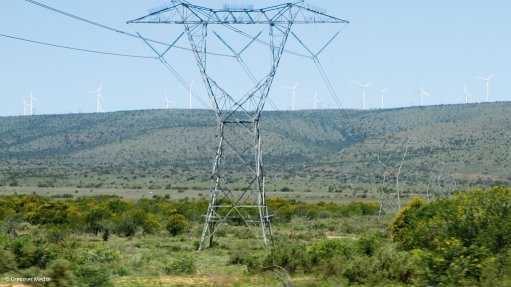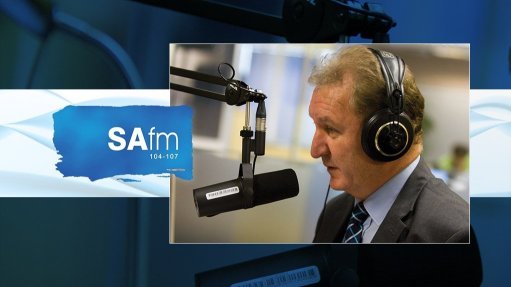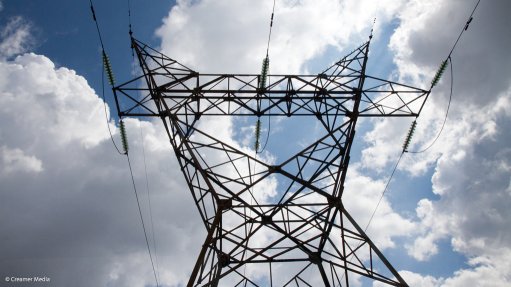South Africa evades US censure even as it builds links to rivals
South Africa is playing all sides when it comes to foreign policy as the country seeks to position itself as a leading voice of the Global South, and the approach seems to be working — so far.
The Brics group of developing nations held its annual summit in South Africa last year and the Group of 20 is set to follow suit in 2025, highlighting Pretoria’s growing international sway. President Cyril Ramaphosa’s efforts to secure vaccines for Africa during the Covid-19 pandemic, help broker an end to Russia’s war in Ukraine and bring a genocide case against Israel at the International Criminal Court over its Gaza campaign have further enhanced its profile, despite the mixed results.
South Africa, which is confronting a plethora of domestic problems, has long maintained that it adopts a non-aligned position when it comes to international relations. But its increasingly close ties with China, refusal to condemn Moscow’s invasion of Ukraine and anti-Israel stance have raised concern in the US and European Union.
There haven’t yet been repercussions, in part because South Africa remains a key export destination and source of minerals. The USSR and Palestinian groups took a far more proactive stance against apartheid than most Western governments, which partially explains Pretoria’s allegiances.
US legislators this month dropped a call for an immediate review of South Africa’s preferential access to US markets under the African Growth and Opportunity Act when they tabled a revamped bipartisan bill in the Senate that proposes extending the trade pact until 2041. Jim Risch, a Republican from Idaho, had criticized South Africa’s eligibility, saying its actions subverted US national security and foreign-policy interests.
The US maintains a strong and multifaceted relationship with South Africa that is based on shared values and interests, and is committed to working together to promote global peace, security and bilateral trade among other priorities, a State Department spokesperson said in an emailed response to questions.
“South Africa is a sovereign country that can make its own decisions about how to engage with Russia and the People’s Republic of China,” the spokesperson said. “We’re focused on making our relationship even stronger, to the benefit of Americans and South Africans, and we aren’t distracted by what others are doing. We recognize the deeply held view by South Africa on the status of Palestinians. We share concerns about the dire humanitarian situation in Gaza and are actively leading efforts to address it.”
The EU this month reemphasized its close links with South Africa, the only nation on the continent with which it has a so-called strategic partnership, and said the two plan to hold a bilateral summit.
“South Africa is risking the ire of the West, but it’s a calculated risk,” said Daniel Silke, the director of Cape Town-based Political Futures Consultancy. “There is a push by the Global South and Brics to increase its global assertiveness and South Africa has played a leading role. That gives her a degree of clout and a degree of strength, and makes her less likely to feel as though she needs to be ultra-careful when it comes to dealing with the West.”
With elections due to take place in South Africa on May 29, the government has sought to portray its enhanced international role and independent positioning as major accomplishments — although foreign policy has historically played little role in swaying voters.
Instead, the ruling African National Congress faces a backlash over its failure to tackle rolling blackouts and rampant poverty and unemployment. The party of Nelson Mandela risks losing its parliamentary majority for the first time since it took power three decades ago.
South Africa isn’t completely in the clear with the US. Its access to AGOA could still be revoked if it’s found to have violated the qualifying criteria, including respecting human rights and democracy. Two-way trade between the two nations amounted to $23.7-billion last year, with South Africa shipping cars and agricultural produce under the accord.
The House of Representatives is considering a bipartisan bill that was introduced in February after South Africa brought the case against Israel at the ICC. It called for greater scrutiny of America’s relations with South Africa for siding with what it described as “malign actors.” If passed, the legislation would require a full review of bilateral ties between the two countries.
‘PARTICULARLY DISCONCERTING’
In an opinion piece published in the Financial Times on April 5, South African Minister of International Relations and Cooperation Naledi Pandor described the measure as “particularly disconcerting” and said it didn’t reflect the strong relations between the two nations or Pretoria’s intention to strengthen them.
“The bill also fails to acknowledge the right of all sovereign nations to develop and promote their own foreign policies,” she wrote. “It would be devastating to our mutual economic interests if the bill were to collapse bilateral relations.”
The State Department respected the role of Congress in America’s foreign policy, heard and understood the concerns expressed by some of its members and is working with them and South Africa to chart a constructive path forward, its spokesperson said.
Sanusha Naidu, a senior research associate with the Institute of Global Dialogue from Cape Town, said South Africa’s foreign policy is tailored toward achieving clear objectives, such as reforming the UN Security Council and other global structures, rather than being anti-West.
“This idea that South Africa is in one camp or another is a very transactional view of international relations,” she said.“The fact is that South Africa is looking after its own interests.”
Comments
Press Office
Announcements
What's On
Subscribe to improve your user experience...
Option 1 (equivalent of R125 a month):
Receive a weekly copy of Creamer Media's Engineering News & Mining Weekly magazine
(print copy for those in South Africa and e-magazine for those outside of South Africa)
Receive daily email newsletters
Access to full search results
Access archive of magazine back copies
Access to Projects in Progress
Access to ONE Research Report of your choice in PDF format
Option 2 (equivalent of R375 a month):
All benefits from Option 1
PLUS
Access to Creamer Media's Research Channel Africa for ALL Research Reports, in PDF format, on various industrial and mining sectors
including Electricity; Water; Energy Transition; Hydrogen; Roads, Rail and Ports; Coal; Gold; Platinum; Battery Metals; etc.
Already a subscriber?
Forgotten your password?
Receive weekly copy of Creamer Media's Engineering News & Mining Weekly magazine (print copy for those in South Africa and e-magazine for those outside of South Africa)
➕
Recieve daily email newsletters
➕
Access to full search results
➕
Access archive of magazine back copies
➕
Access to Projects in Progress
➕
Access to ONE Research Report of your choice in PDF format
RESEARCH CHANNEL AFRICA
R4500 (equivalent of R375 a month)
SUBSCRIBEAll benefits from Option 1
➕
Access to Creamer Media's Research Channel Africa for ALL Research Reports on various industrial and mining sectors, in PDF format, including on:
Electricity
➕
Water
➕
Energy Transition
➕
Hydrogen
➕
Roads, Rail and Ports
➕
Coal
➕
Gold
➕
Platinum
➕
Battery Metals
➕
etc.
Receive all benefits from Option 1 or Option 2 delivered to numerous people at your company
➕
Multiple User names and Passwords for simultaneous log-ins
➕
Intranet integration access to all in your organisation



